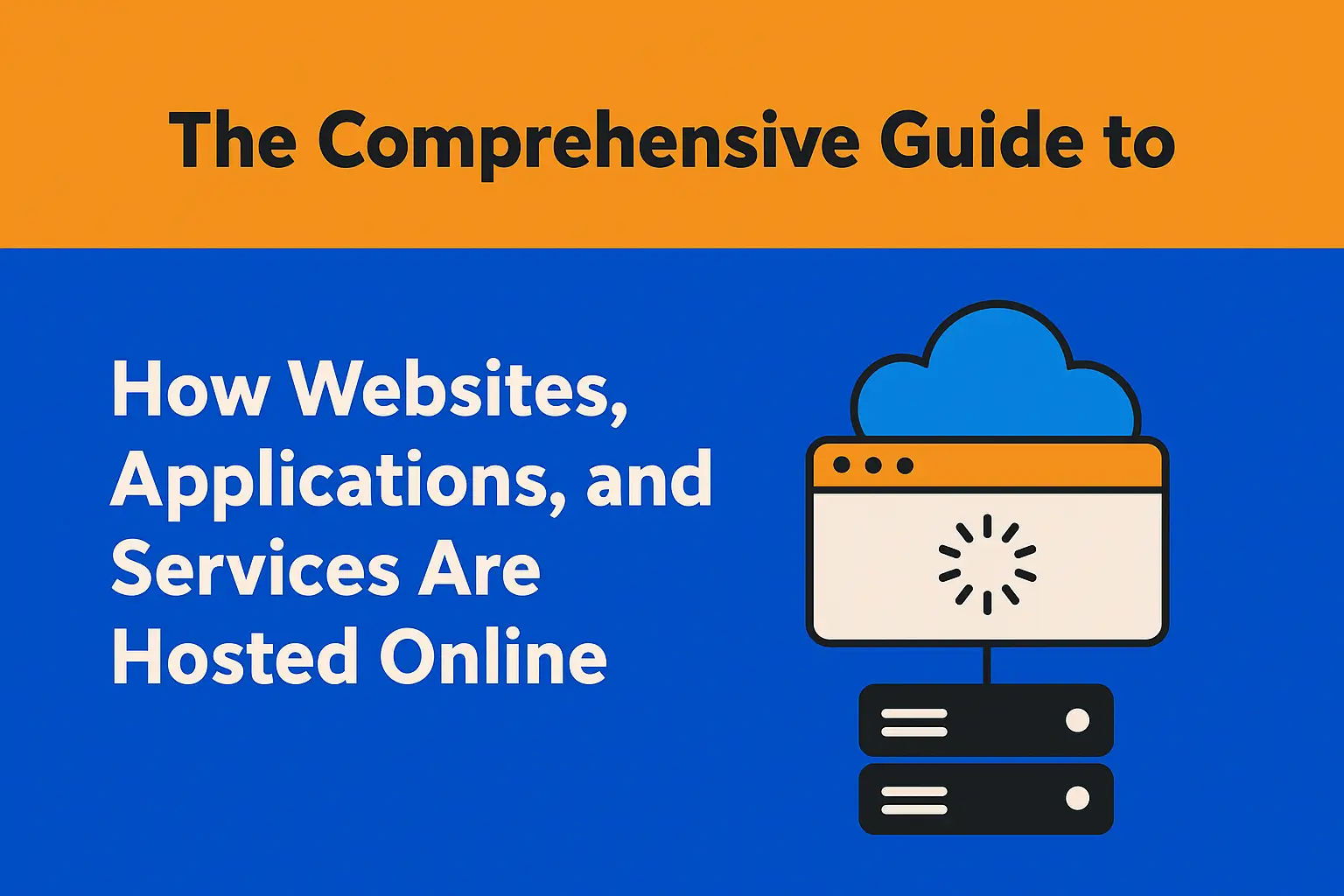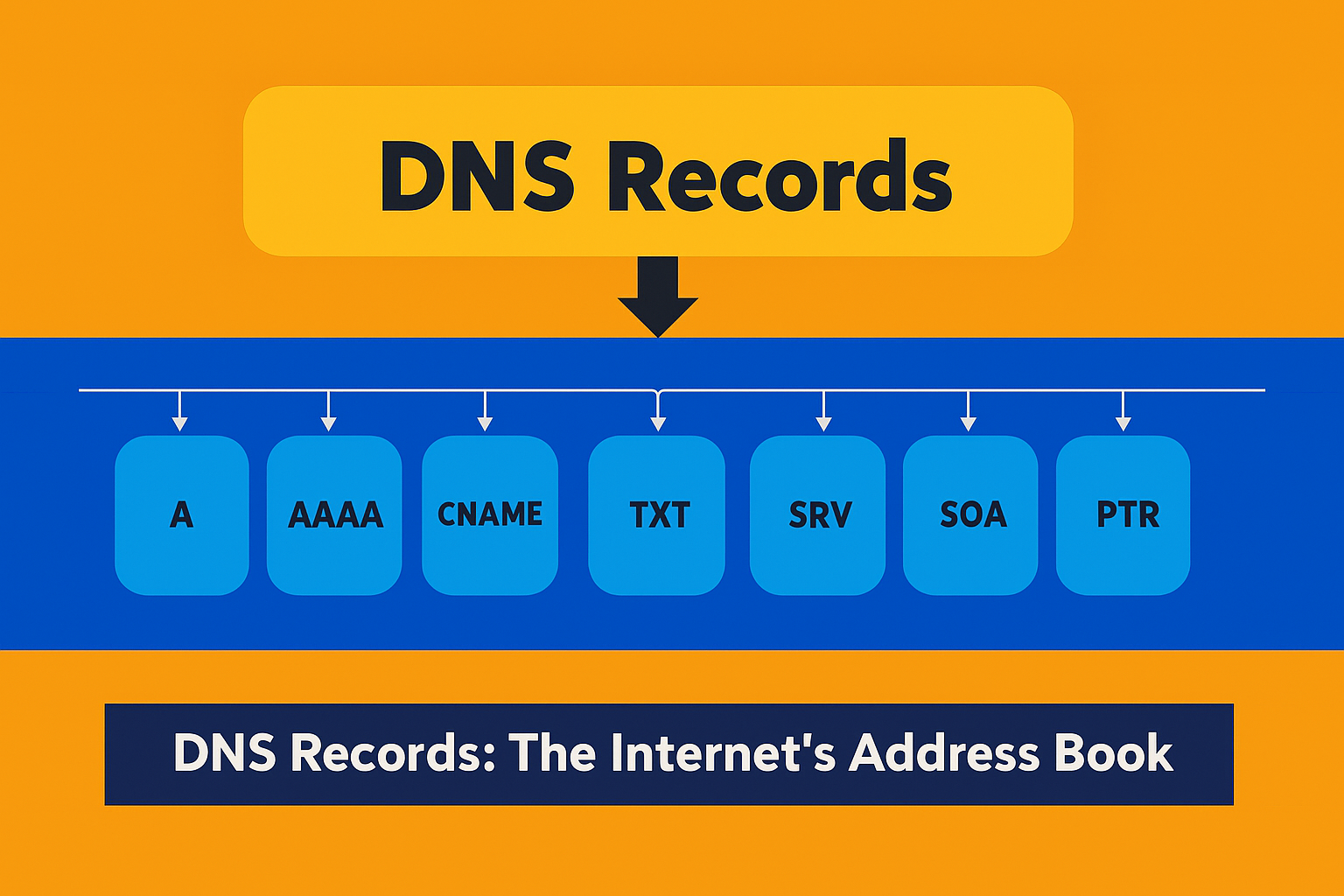
Introduction to Guest Posting
Guest posting, a strategic tool utilized by content creators and businesses, involves writing articles or blog posts to be published on websites other than your own, usually within the same niche. This technique serves multiple purposes aimed at benefiting both the guest writer and the host website.
At its core, guest posting hinges on contributing valuable content to a platform that potentially shares a similar target audience. Writing for websites relevant to your niche amplifies your reach, ensuring your message resonates with a broader demographic. For instance, a technology expert might write a guest post on a well-known IT blog to enhance visibility in the tech community.
One significant goal of guest posting is to boost brand visibility. By appearing on well-regarded sites, you place your content, and by extension, your brand, in front of audiences who may have never encountered your work otherwise. This not only brings immediate traffic to your content but also contributes to long-term recognition and authority within your niche.
Additionally, reaching new audiences is a predominant objective of guest posting. Collaborating with websites that host large and engaged followings can open doors to potential new followers and customers. Each visitor who reads your guest post is a unique opportunity to convert an onlooker into a dedicated follower of your work.
Lastly, establishing and building authority in your field comes naturally with consistent, well-placed guest posts. By sharing expertise and insights on reputable platforms, you position yourself as a trusted voice within your industry. Over time, this contributes significantly to the overall credibility and reliability associated with your name or brand.“`
Benefits of Guest Posting
Guest posting on relevant websites offers a myriad of benefits that can significantly enhance your online presence. One of the key advantages is the boost to SEO through strategic backlinking. When you contribute high-quality content to reputable websites, you earn valuable backlinks that improve your domain authority, consequently increasing your organic search rankings. For instance, a study by Moz indicates that sites with more high-authority backlinks tend to rank higher in search engine results.
Beyond SEO, guest posting is an effective strategy to expand your professional network. By collaborating with other industry experts and contributing to their platforms, you open doors to new relationships and potential partnerships. This networking can lead to future opportunities such as co-authoring articles, participating in webinars, or being invited to industry events. Moreover, cultivating a robust network enhances your credibility and can elevate your status within your field.
Driving traffic to your own site is another compelling benefit of guest posting. When you provide insightful and relevant content on another platform, readers who find value in your expertise are likely to visit your website for additional information. HubSpot reports that businesses that blog regularly receive up to 55% more visitors to their site, and guest posting can amplify this effect by reaching a broader audience. As a result, guest posting serves as an efficient method to attract a more engaged and targeted audience.
Lastly, regular contributions to well-regarded websites help to establish and solidify your credibility within your industry. Over time, consistently producing high-caliber content positions you as an authority on particular subjects, enhancing your professional reputation. A tangible example can be seen in the technology sector, where prominent figures like Neil Patel and Rand Fishkin have leveraged guest posting to become thought leaders. By aligning yourself with respected websites, you not only gain visibility but also earn the trust and respect of your peers and audience.
Identifying Relevant Websites
Identifying the right websites for guest posting opportunities is crucial for maximizing exposure and achieving your goals. The first step is to find high-authority sites within your niche. This ensures that your content reaches a targeted audience who are likely to be interested in your expertise. Tools such as Google Search, Moz’s Link Explorer, and SEMrush can be extremely useful in locating these high-authority websites. By using keywords related to your industry, you can compile a list of potential sites that align with your niche.
Once you’ve identified a list of prospective websites, it’s vital to analyze their audience. Look for signs of engagement within their content. Metrics such as the number of comments, social media shares, and the type of interactions can give you an indication of how active and engaged the site’s audience is. High engagement rates often correlate with a larger, more interested audience, which can significantly enhance the impact of your guest post. Tools like Google Analytics and social media insight tools can offer concrete data in this regard.
Another essential factor to consider is the relevance and quality of the sites. While it might be tempting to cast a wide net and guest post on as many websites as possible, a focused strategy yields better results. Quality over quantity remains the key principle. A few high-quality guest posts on well-respected sites can be far more beneficial than numerous posts on lower-quality sites. Look for websites that produce well-researched and authoritative content. Review their editorial guidelines to ensure your expertise aligns well with their audience’s expectations.
By carefully selecting high-authority websites with an engaged audience and relevant content, you can maximize the benefits of your guest posting efforts. This strategic approach not only promotes better exposure but also fosters credibility and trust within your target community.
Crafting the Perfect Pitch
Creating a compelling pitch is pivotal in securing a guest posting opportunity on a high-quality site. To grab the attention of site owners and editors, your pitch must stand out and demonstrate your value upfront. The first step is to conduct thorough research on the target site to understand its content style, tone, and audience. Examine recent articles to pinpoint prevalent topics, and identify any gaps your guest post could fill. Demonstrating this knowledge in your pitch shows that you are a dedicated and valuable contributor.
Next, clearly outline your expertise and how your content can benefit their readers. It’s essential to showcase any previous work that aligns with the site’s interests, incorporating relevant examples and mentioning any accomplishments. Highlighting the uniqueness of your perspective or the depth of your insights can significantly strengthen your pitch. Personalization is key—address the editor by name and reference specific elements of their site that you admire. Personalized messages reflect genuine interest and increase the likelihood that your pitch will be noticed.
Articulating your proposed article’s value proposition is also critical. Your pitch should include a captivating headline, a brief summary of the article’s main points, and how it serves the site’s audience. Ensure you select a topic that aligns with their content strategy and current trends. By clearly defining the benefit to their audience, you position your article as an asset.
Avoid common pitfalls by keeping your pitch concise, free from jargon, and professional. Overly lengthy emails risk losing the editor’s attention, while pitches that are too generic or self-promotional can come across as insincere. Proofread your email for grammatical errors and ensure that your tone remains respectful and formal.
Mastering the art of the pitch not only maximizes your exposure but also enhances your credibility and fosters positive relationships with reputable sites. By understanding the target site’s content style, demonstrating your value, and personalizing your message, you significantly increase your chances of acceptance.
Writing High-Quality Guest Posts
Creating a successful guest post starts with understanding the host website’s guidelines. It is imperative to thoroughly read and adhere to these guidelines, as they often include specific requirements related to content style, word count, and formatting. Ignoring these can result in immediate rejection of your submission. Paying close attention to these details will not only demonstrate your professionalism but also increase the likelihood of your post being accepted.
Once you comprehend the guidelines, the next step is to produce valuable and original content. To maximize the exposure of your guest post, focus on delivering content that is insightful, informative, and tailored to the target audience of the host website. This means conducting thorough research on the topic and presenting it in a unique manner. Avoid duplicating information that is readily available; instead, offer fresh perspectives or new insights that add value.
The inclusion of engaging and relevant multimedia can significantly enhance the quality of your guest post. Integrate high-quality images, infographics, and videos where appropriate to support your points and keep readers engaged. Multimedia not only breaks up large blocks of text but also aids in better illustrating your arguments, making the content more digestible.
Professionalism is key in guest posting, and this extends to the proofreading and editing process. A meticulously proofread and edited article reflects positively on you and your brand. It’s crucial to eliminate grammatical errors, typos, and inconsistencies, and ensure the overall flow of the article is smooth. Consider using tools like Grammarly or engaging the services of a professional editor to assist you in this endeavor.
In summary, creating high-quality guest posts involves adhering to host website guidelines, producing original and valuable content, including engaging multimedia, and ensuring thorough proofreading and editing. By focusing on these elements, you can significantly increase your chances of your guest post being published and reaching a wider audience.
Promoting Your Guest Post
Once your guest post is published, the next crucial step is to promote it effectively to maximize its reach. By leveraging various channels such as social media, email newsletters, and other digital platforms, you can drive significant traffic not only to your guest post but also to the host website, creating a symbiotic relationship.
First and foremost, social media offers a powerful tool for promoting your guest post. Share the article on all relevant platforms, including LinkedIn, Twitter, Facebook, and Instagram. Craft engaging captions that highlight the key takeaways of your post and include relevant hashtags to reach a broader audience. Additionally, tagging the host website and using their hashtag can increase visibility. Encourage your followers to share the post, further amplifying its reach.
Incorporating your guest post into your email newsletter is another effective strategy. Provide a brief summary or teaser to entice your subscribers, followed by a strong call-to-action urging them to read the full article. Highlight the value and insights they will gain from reading it. This not only drives direct traffic to the post but also keeps your audience engaged with your content offerings.
Beyond social media and email, explore other promotional avenues such as forums, online communities, and relevant industry groups. Sharing your guest post in these spaces can generate meaningful engagement, especially if the audience aligns well with the content. Additionally, collaborating with influencers or industry leaders to promote your post can further boost its visibility.
Importantly, promoting your guest post benefits both you and the host site. As you drive traffic to the article, the host site enjoys increased readership and engagement, which can enhance their domain authority and search engine ranking. Simultaneously, you gain exposure to a new audience, potentially attracting more followers and elevating your brand’s credibility.
Utilizing these promotion strategies can significantly enhance the impact of your guest post, ensuring that it reaches a broader audience and delivers mutual benefits for both you and the host site.
Building Long-Term Relationships
When it comes to guest posting, it’s crucial to think beyond a single contribution. Building long-term relationships with site owners can be significantly more beneficial than isolated posts. Such relationships offer sustainable opportunities for mutual growth and exposure over time. One fundamental way to nurture these connections is through regular interaction. Engaging with site owners and their community on social media platforms, commenting on their posts, and sharing their content demonstrates your genuine interest and investment in their success.
Moreover, offering further contributions can solidify your position as a valuable part of their community. After your initial guest post, proactively propose new ideas that align with their audience’s interests. This not only demonstrates your creativity but also your commitment to providing consistent value. Being a reliable contributor positions you as a trusted resource, fostering a deep-rooted relationship.
Another key aspect is becoming an integral part of their community. Participating in discussions, responding to comments, and attending any virtual or in-person events they host can enhance your visibility and rapport. Such engagements highlight your dedication and willingness to go the extra mile, making the relationship more rewarding.
Long-term relationships with site owners can offer numerous benefits. Consistent collaboration can lead to more opportunities for guest posts, increased traffic to your own site, and the potential for joint ventures. Furthermore, a strong bond with influential site owners can enhance your credibility and reputation within your industry. As you build these relationships, remember that mutual respect and ongoing communication are the cornerstones of lasting partnerships.
Tracking and Measuring Success
Assessing the effectiveness of your guest posting endeavors is paramount for ensuring that your efforts yield substantial returns. One of the primary metrics to monitor is referral traffic. This metric provides insight into how many visitors are coming to your site from the guest posts you publish on other websites. Google Analytics is an indispensable tool for tracking referral traffic, offering detailed reports on the number of visitors, their behavior, and the pages they view.
Beyond referral traffic, monitoring audience growth is essential. A successful guest post can expand your audience base, drawing in new readers who are interested in your content. Tools like Google Analytics can help you track changes in your website’s audience size over time. Pay attention to new visitors versus returning visitors, as a spike in new visitors can often be linked directly to your recent guest posts.
Engagement rate is another critical metric. High engagement indicates that the content is resonating with the audience, leading to deeper interactions. This includes analyzing metrics like average session duration, pages per session, and bounce rate. These metrics can be found in Google Analytics, allowing you to see how engaged users are after they land on your site through a guest post.
Furthermore, guest posting should contribute to your SEO improvements. Look at key SEO indicators such as improved rankings for targeted keywords, increased organic traffic, and the acquisition of quality backlinks. Tools like Ahrefs and SEMrush can aid in tracking these SEO metrics and evaluating the long-term impact of your guest posts on your overall search engine standing.
To derive the most accurate insights, revisit these metrics regularly. Compare periods before and after publishing guest posts to identify any significant changes. By using these data points and tools consistently, you can refine your guest posting strategy, investing more in what works and adjusting what doesn’t. In effect, these tracking methodologies will help you maximize the exposure and efficacy of your guest posting efforts.





0 Comments